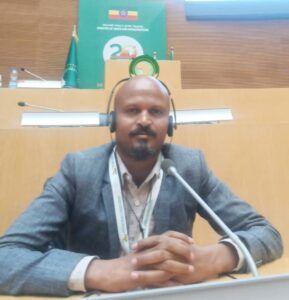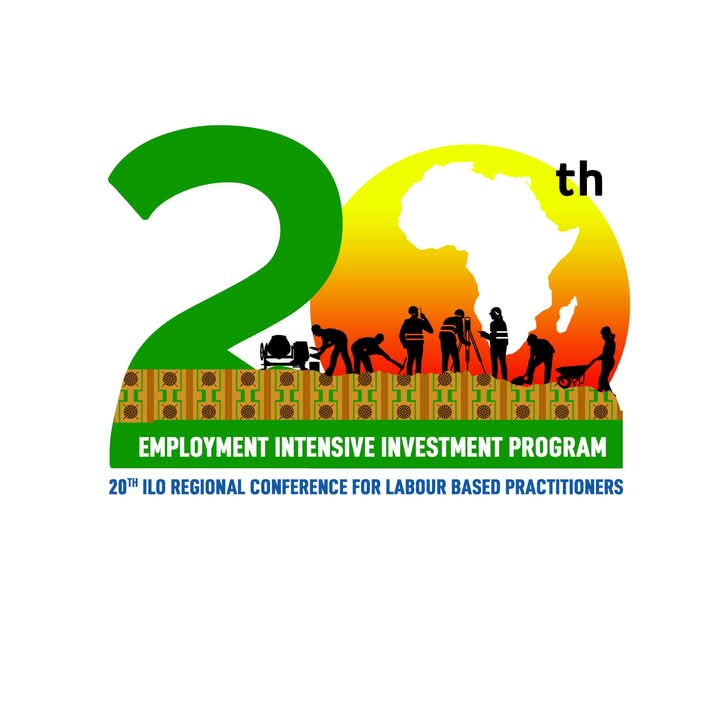

Addis Ababa, Ethiopia – May 19 2025 —-The African Union Headquarters in Addis Ababa hosted the opening of the 20th International Labour Organization (ILO) Regional Conference for Labour-Based Practitioners, bringing together leading policymakers, development partners, and technical experts from across Africa and beyond. The conference focuses on advancing employment-intensive strategies for sustainable infrastructure development and inclusive economic growth.
Held under the theme “Sustainable Employment through Labour-Based Approaches in Infrastructure and Public Works,” the conference highlights the urgency of addressing unemployment and inequality through people-centered public investments.
A Platform for Shared Solutions
In her keynote address, Ethiopia’s Minister of Labour and Skills, H.E. Dr. Ergogie Tesfaye, emphasized the importance of local capacity-building and labour-based techniques in transforming national infrastructure while creating thousands of jobs. “Africa must lead with approaches that empower our people and use our own resources,” she said.
Cynthia Samuel-Olonjuwon, ILO Regional Director for Africa, echoed this, stating: “This conference is a celebration of 20 years of African collaboration on employment-intensive approaches. As we face global challenges—economic, environmental, and social—labour-based strategies are more relevant than ever.”

A Personal Reflection
As an international correspondent, I, Eyob Salemot, am honored to participate in this landmark gathering. It is both a professional and personal privilege to witness and report on Africa’s united drive toward building resilient economies through practical, inclusive, and human-centered development.
The three-day event will feature technical sessions, field visits, and roundtable discussions on topics such as:
- Climate-resilient public works
- Women and youth participation in labour-based projects
- Financing mechanisms for employment-intensive programs
- Regional cooperation and policy alignment
Looking Ahead
Organized by the ILO in collaboration with the Government of Ethiopia and the African Union Commission, the conference serves as a critical forum for shaping the future of public infrastructure investment in Africa—placing jobs, dignity, and local ownership at the heart of development.
As outcomes from the conference are expected to influence continental employment strategies and national investment frameworks, the spirit of collaboration and shared purpose remains strong among delegates.
By Eyob Salemot, International Correspondent




